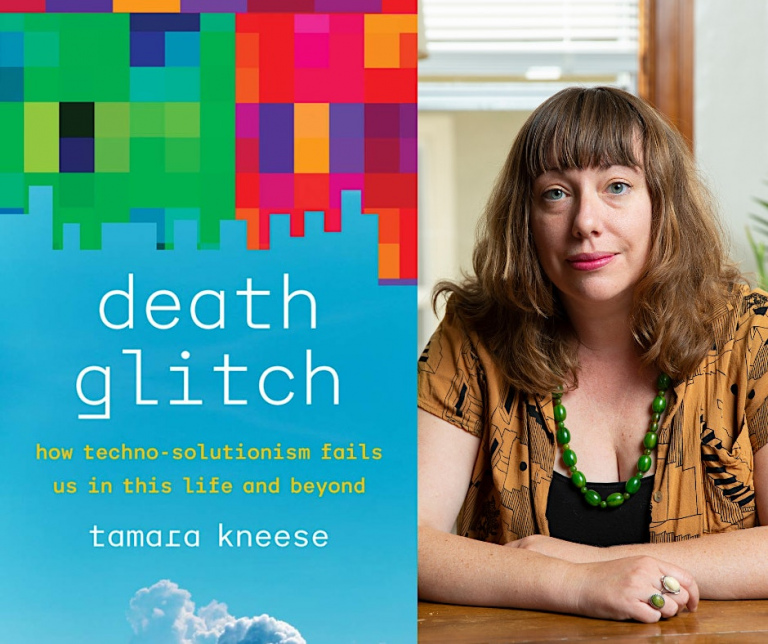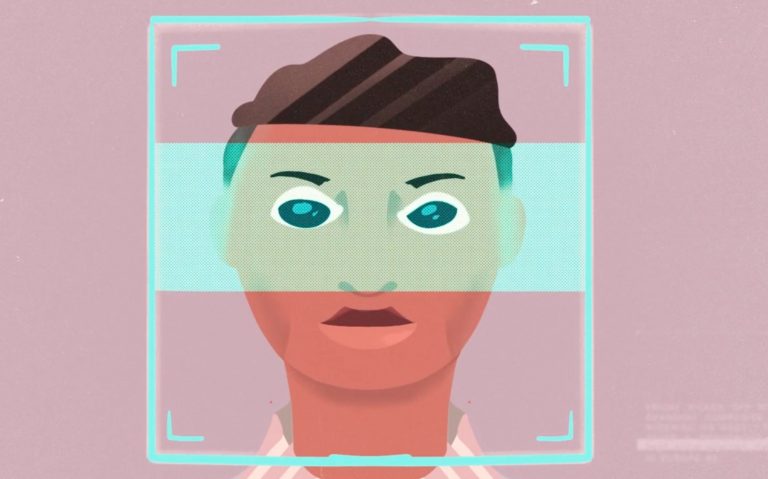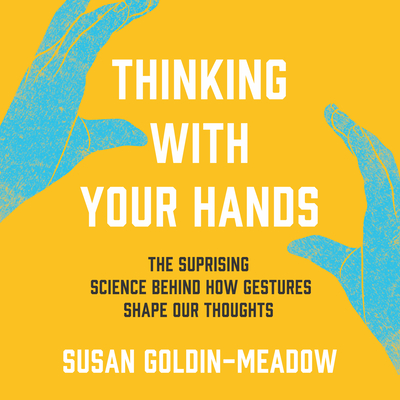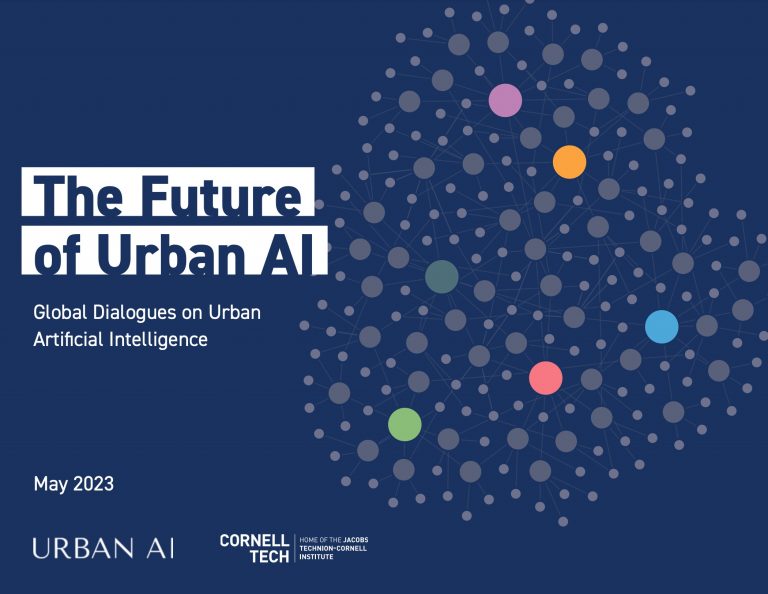
Trust depends on perceptions of whether sociotechnical systems are seen as beneficial and well-governed as well as whether they work as their designers expect.

*The Movers of Tomorrow: How Young Adults in Europe Imagine and Shape the Future* -
Study of young adults (aged 18 to 39) in Germany, Greece, Italy, Poland and the UK by Allianz Foundation and SINUS Institute.

Sludge is friction through unnecessary red tape. Cass R. Sunstein wrote a book about it and the OECD is currently exploring the contribution that behavioural science can make to service design by partnering with the Government of New South Wales (NSW) in Australia to reduce unjustified frictions in citizens' interactions with government.

Technology scholar Tamara Kneese examines what happens to our digital belongings when we die, and argues that tech companies need to improve how they deal with death on their platforms for the sake of all our digital posterity.

In an article for Communications of the ACM, David Geer explains how the U.S. Defense Department uses cyberpsychology to get into the minds of attackers to better understand how they think and act.

Fast Company published today an excerpt of the new book Unbottled by Daniel Jaffee in which he highlights the five factors why consumers purchase bottled water, or how have they been persuaded to do so - fashion, flavor, fitness, frequent drinking, and fear - and zeroes in on the last one.

Proceedings of the 15th Biannual Conference of the Italian SIGCHI Chapter

This collaborative study, conducted by the UN Human Rights Office and the University of Essex, analyses the human rights implications of specific border technologies. It provides recommendations for States and stakeholders on how to take a human rights-based approach in ensuring the use of digital technologies at borders aligns with international human rights law and standards.

How Green is Household Behaviour? presents an overview of results from the 2022 OECD Survey on Environmental Policies and Individual Behaviour Change. The survey investigates household attitudes and behaviour with respect to energy, transport, waste and food systems.

"UX professionals must seize the AI career imperative or become irrelevant", writes Jakob Nielsen in his blog UX Tigers, particularly with current AI-driven tools being "far from user-friendly with their clunky, prompt-driven interfaces", and with adult (digital) literacy being what it is.

This book by Experientia president Michele Visciola puts forward a new paradigm to understand and implement Sustainable Innovation (SI). Innovation without sustainability leaves out large swathes of the population or generates maladaptive or misappropriate behaviors.

In this newly revised Second Edition, you'll find six new essays that look at how UX research methods have changed in the last few years, why remote methods should not be the only tools you use, what to do about difficult test participants, how to improve your survey questions, how to identify user goals when you can’t directly observe users and how understanding your own epistemological bias will help you become a more persuasive UX researcher.

For the first time in 28 years of JD Power’s car owner survey, there is a consecutive year-over-year decline in satisfaction, with most of the ire directed toward in-car infotainment, writes Andrew J. Hawkins in The Verge.

If you're a non-native English writer, you should know GPT detectors are biased against you.

In Thinking with Your Hands, esteemed cognitive psychologist Susan Goldin-Meadow argues that gesture is vital to how we think, learn, and communicate.

10 conversations by Urban AI, a Paris based think tank, with worldwide experts to explore the future of urban artificial intelligence

The book sheds new light on some of the most important themes in AI ethics, from the differences between Chinese and American visions of AI, to digital neo-colonialism. It is an essential work for anyone wishing to understand how different cultural contexts interplay with the most significant technology of our time.

Ageing with Smartphones in Ireland, Urban Italy, Urban Brazil, Urban Chile, Urban China and Uganda: six free open access books as part of the five year "Anthropology of Smartphones and Smart Ageing" project.

While the concept of “flow” has previously been considered the ideal state of focus, Dr. Mark offers a new framework to help explain how our brains function in the digital world: kinetic attention. This book reveals how we can take control, not only to find more success in our careers, but also to find health and wellness in our everyday lives.

When society relies on computer models and their interfaces to explain and predict everything from love to geopolitical conflicts, our own behaviour and choices are artificially changed. Zachary Kaiser explores the harmful social consequences of this idea - balanced against speed and ease for the user - and how design practice and education can respond positively.




















